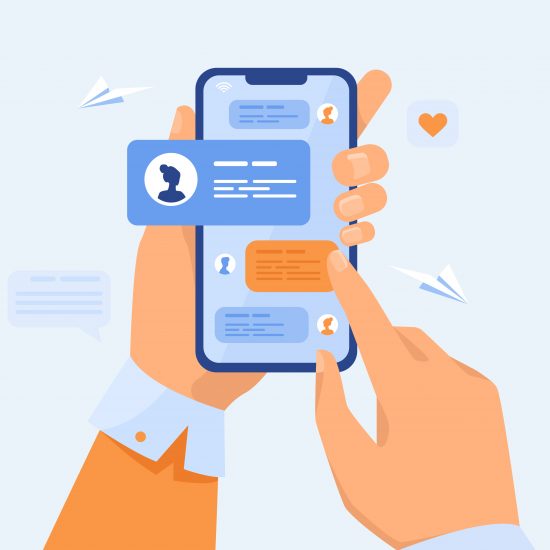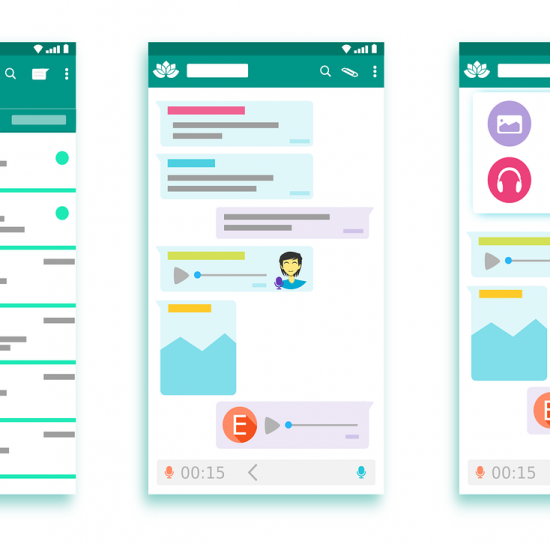
RCS WebRTC
The Rich Communication Services (RCS) offer rich services and inter perable services among the wide telecom operators and enable communication experience beyond voice and messaging by delivering consumer with several services including instant messaging, content/ file sharing, group chat, video conferencing etc. across multiple devices. These services have paved a new path for telecom operators to remain relevant amidst the rising threat from Over the Top (OTT) services. It enables operators to generate revenues via developing apps and providing Business to Business (B2B) services. The scope offered by RCS is multi-dimensional and seems to be a route for developing user oriented services like chat based games, advertisements, promotions and mobile learning. RCS has members worldwide and unites network operators and system integrators with vendors of end-user terminals, device client software, network equipment and end-user applications. It provides a common base for addressing multiple customer requirements and allows service providers to attract new subscriptions and increase communication-services use.
WebRTC provides browsers and mobile applications with Real-Time Communications (RTC) capabilities via simple APIs. The WebRTC enables rich, high quality, RTC applications to be developed for browsers, mobile platforms, and IoT devices, and allow them all to communicate via a common set of protocols. With WebRTC, real-time communication capabilities can be added to an application that works on top of an open standard. It supports video, voice, and generic data to be sent between peers, allowing developers to build powerful voice- and video-communication solutions. The technology is available on all modern browsers as well as on native clients for all major platforms. The technologies behind WebRTC are implemented as an open web standard and available as regular JavaScript APIs in all major browsers. For native clients, like Android and iOS applications, a library is available that provides the same functionality. The WebRTC project is supported by Apple, Google, Microsoft and Mozilla, amongst others. Challenges to carrier business include existing concerns, such as Over-the-Top (OTT) service providers, as well as emerging threats such as Direct (Peer-to-Peer) Communications, which shall ybe enabled via LTE, 4G and 5G. Network operators must deal with the threat of these “dial around” voice over wireless IP (or VoIP over Wireless OTT) OTT service providers by offering their own “dialable” VoIP.


